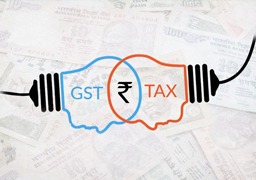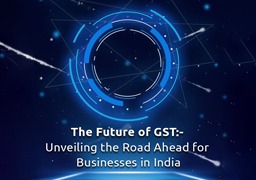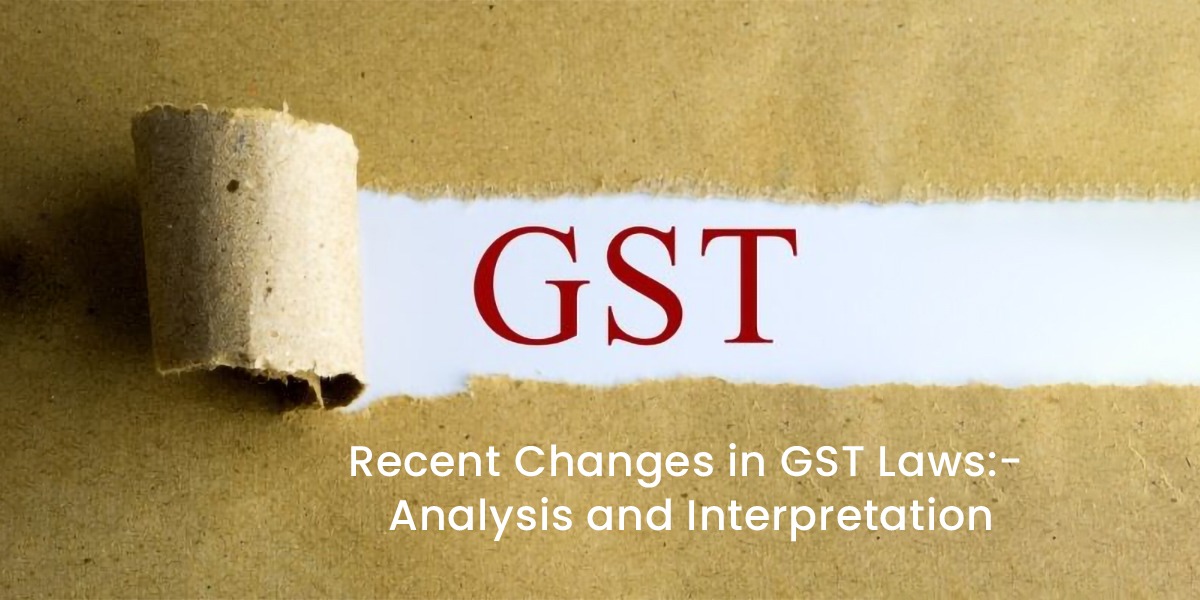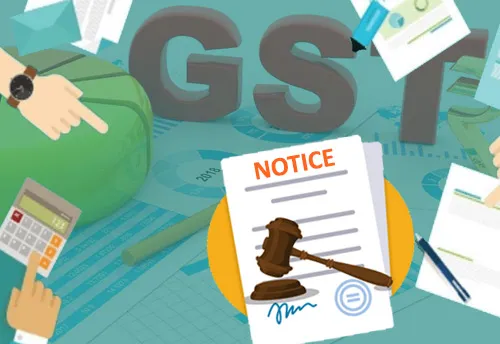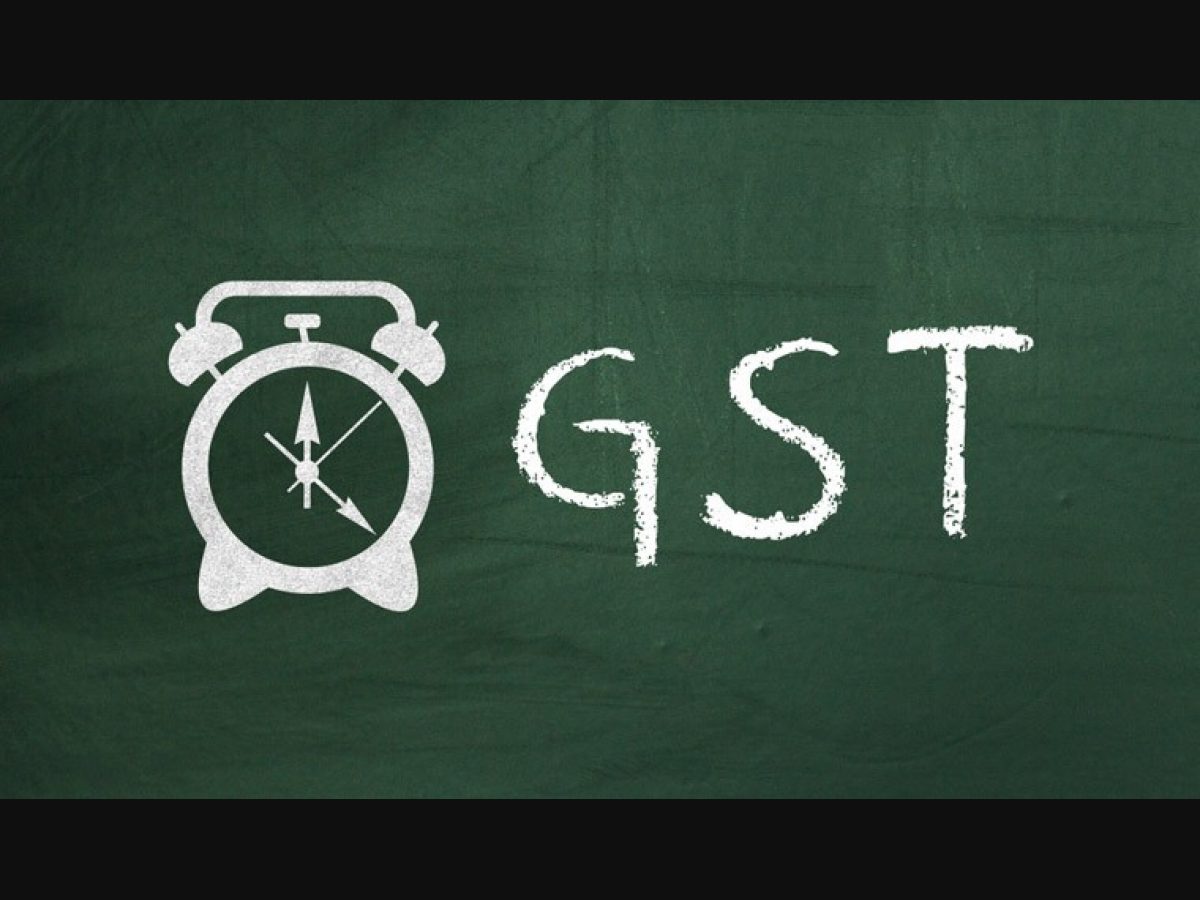Created on:
04/11/2024
This synopsis delves into the upcoming landscape of electronic invoicing (e-invoicing) in India. It examines the potential advantages and obstacles associated with the widespread adoption of e-invoicing in the country. Through an analysis of the current scenario and future projections, it aims to shed light on the transformative impact of e-invoicing on businesses and the economy. Key topics covered include the efficiency gains, cost savings, compliance advantages, and technological advancements facilitated by e-invoicing. Additionally, it addresses challenges such as implementation complexities, technological readiness, and data security concerns. Overall, this synopsis provides valuable insights into the promising prospects and critical considerations shaping the future trajectory of e-invoicing in India.

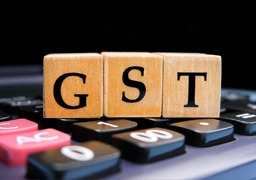
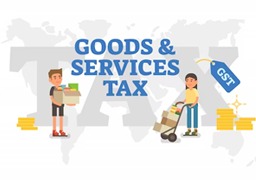
.jpg)
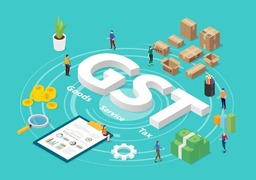
.jpg)


